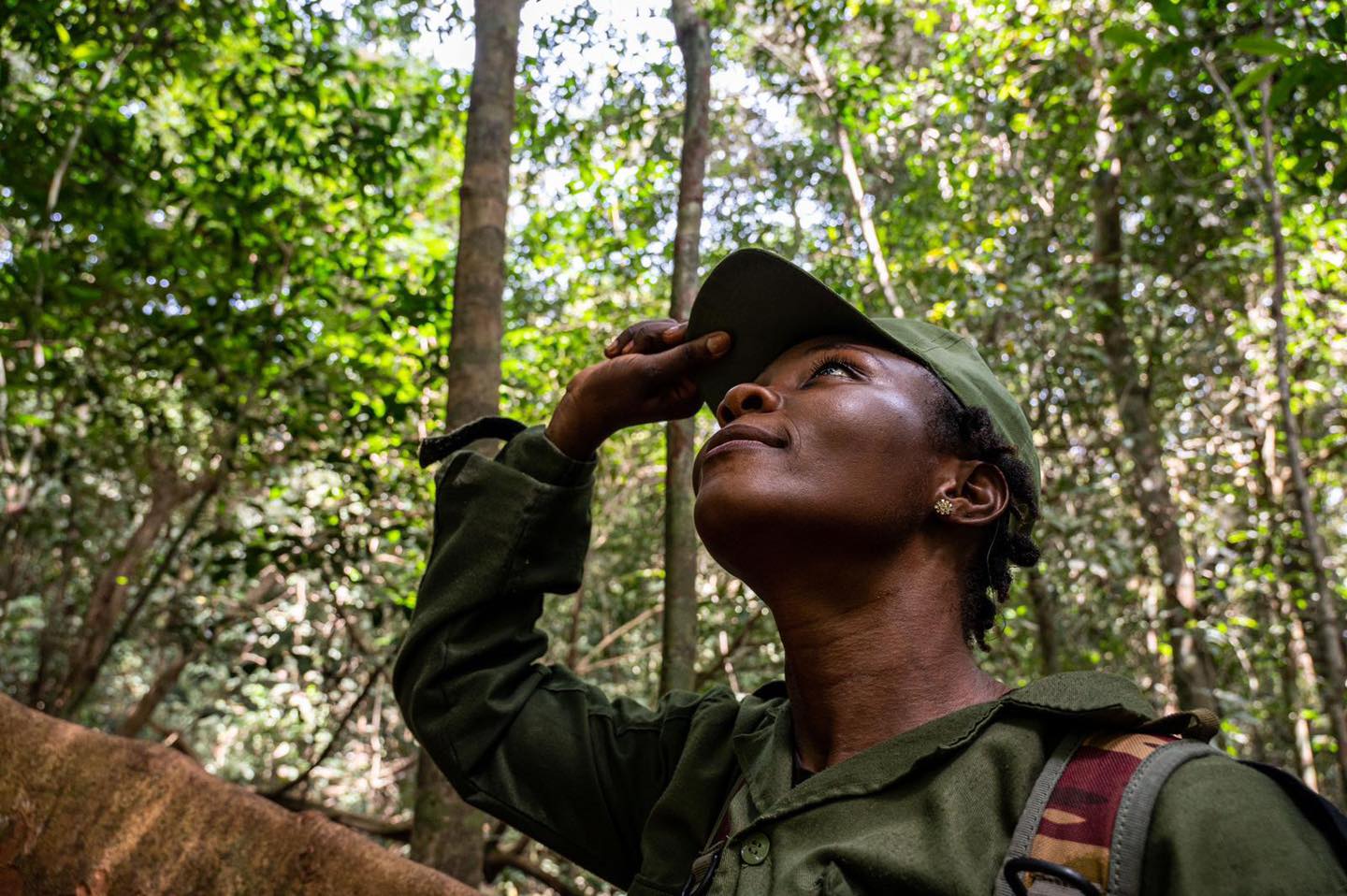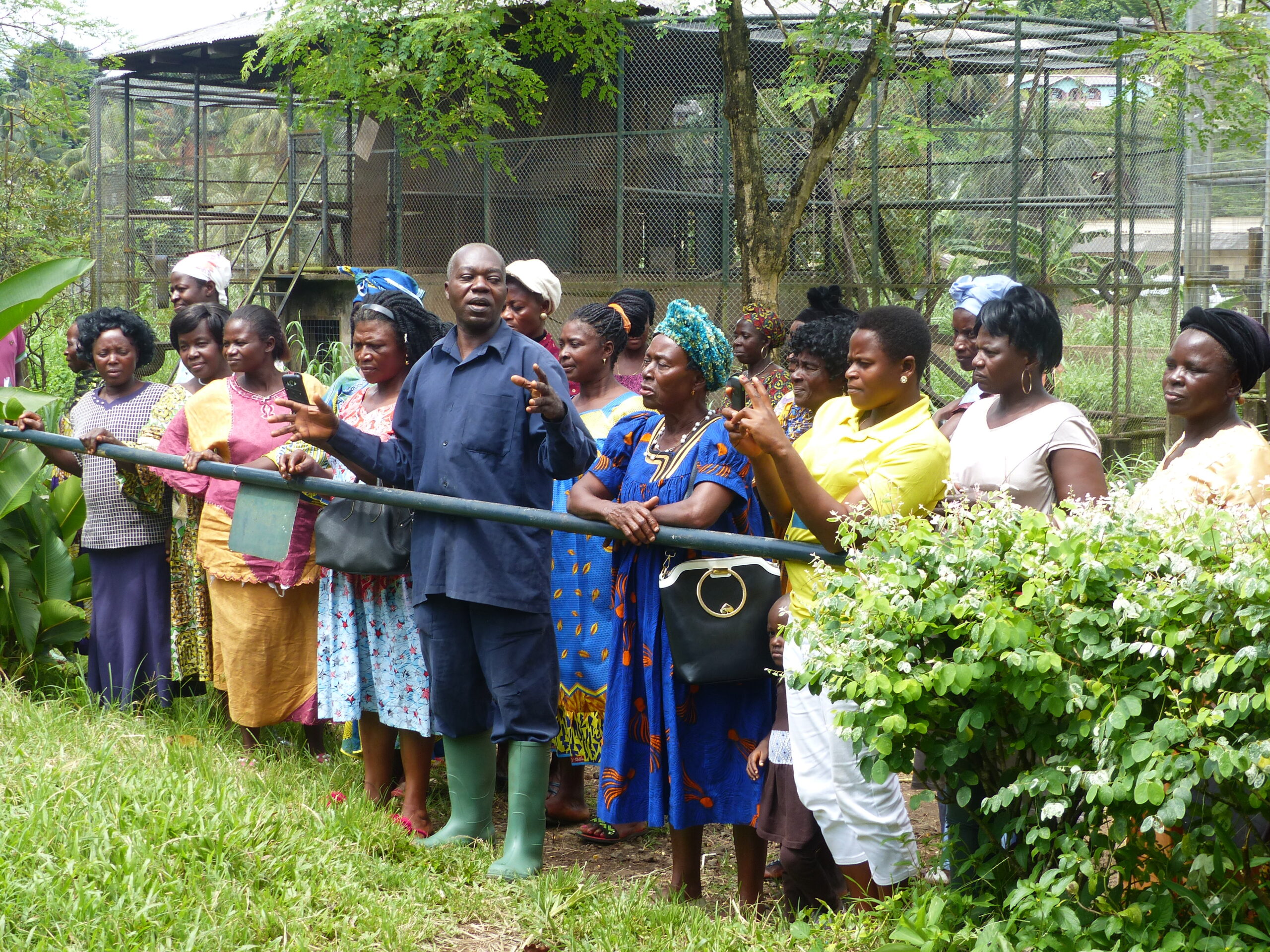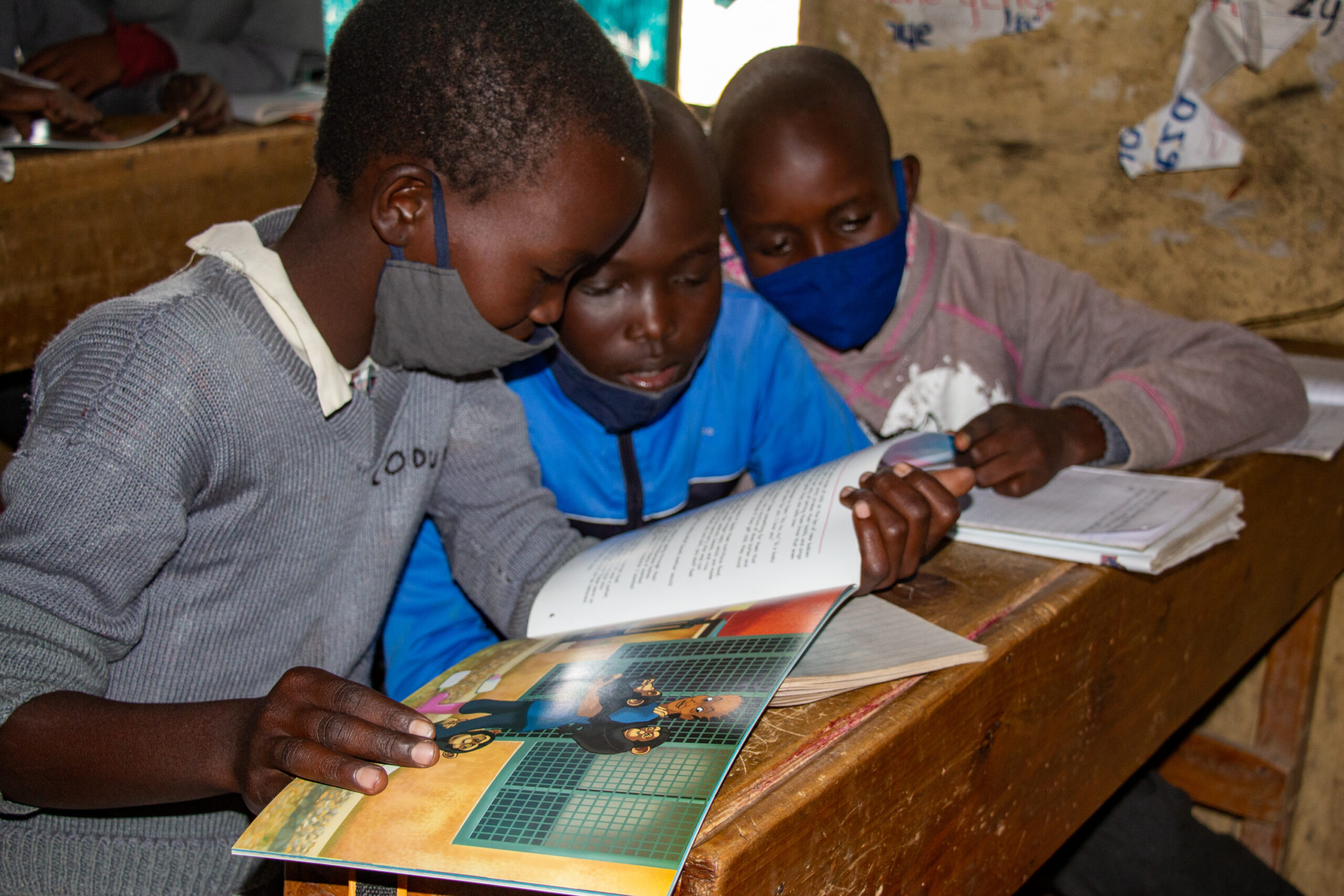Sanctuaries Build a Greener Future
PASA members not only rescue animals in need – they’re restoring habitat, partnering with local farmers, and providing environmental education to their communities.
By Natasha Tworoski
PASA member sanctuaries are leaders in rescuing and rehabilitating great apes and monkeys. But they are also leading the way to conserve African primates and their wild habitats. Securing grant money while also building positive relationships with national governments and local communities are all necessary steps to preserve Africa’s wildlife. In this first of two blogs, we are proud to showcase just some of the accomplishments PASA and its members have made.
Tacugama Chimpanzee Sanctuary: Loma Mountain Chimp Survival Project
Tacugama Chimpanzee Sanctuary (TCS) in Sierra Leone, one of PASA’s original members, continues to take huge steps to protect wild chimpanzees and to work towards minimizing human-wildlife conflict. TCS co-manages three of the four national parks in Sierra Leone, including the Loma Mountains National Park, where from 2018-2019 a grant was awarded to implement the Loma Chimp Survival Project. This program addresses two major problems in the area: poaching and land degradation. It includes training ecoguards on patrolling practices and data collection, planting 10,000 trees to reforest the park. It also incorporates the local community in workshops on sustainable farming, the importance of maintaining national forests, and even provides posters on the risks of eating bushmeat. All of these efforts will not only protect western chimpanzees, but other local endangered species like forest elephants, red colobus, pangolins, multiple turtle species and more.

A ranger on patrol near Tacugama Chimpanzee Sanctuary.
Photo by Renato Granieri
Limbe Wildlife Centre: The Green Project
One of Cameroon’s PASA members, Limbe Wildlife Centre, has an ongoing Green Project. This initiative pays farmers in the buffer zone of Mount Cameroon National Park for crop by-products to feed to rescued primates at the center. While harvesting their crop, farmers can increase their income by simply separating edible byproducts for Limbe to use. For example, an 80 kg bag of papaya leaves will be purchased for $12 USD, which is the double the daily income of an unskilled worker in Cameroon. The Green Project also has the goal of empowering more female farmers. Currently, eighty-three of the farmers involved in this project are women. During the pandemic, face masks were donated to farmers to help keep the community safe. Additionally, ex-hunters are hired to gather edible plants to feed the animals at Limbe as an alternative to hunting bushmeat.

Participants in the Green Project visit Limbe Wildlife Centre in Cameroon.
Kids for Compassionate Conservation
In 2020, PASA received a $2,585 grant from Greenville Zoo for the Kids for Compassionate Conservation (KCC) program. KCC was started in 2015 to teach conservation education and wildlife compassion across Africa. The hope is to create sustainable changes in knowledge, attitudes and behavior. A custom-designed children’s book, Je Protège les Chimpanzés, (“I Protect the Chimpanzees”) has already helped children generate empathy for wildlife as part of a five day interactive curriculum that uses drawing, group projects and activities to engage the children. The Greenville Zoo grant will be used to develop a new book with the goal of empowering children by featuring inspirational African national staff, Mama P and Willie Eugene Tucker of Tacugama Chimpanzee Sanctuary.
The Pan African Sanctuary Alliance is here to support African primates and conserve the wild lands they live in. If you would like to help in these and many more causes, please visit https://pasa.org/donate/.

Students at a school in Kenya learn about chimpanzees through the Kids for Compassionate Conservation program.
